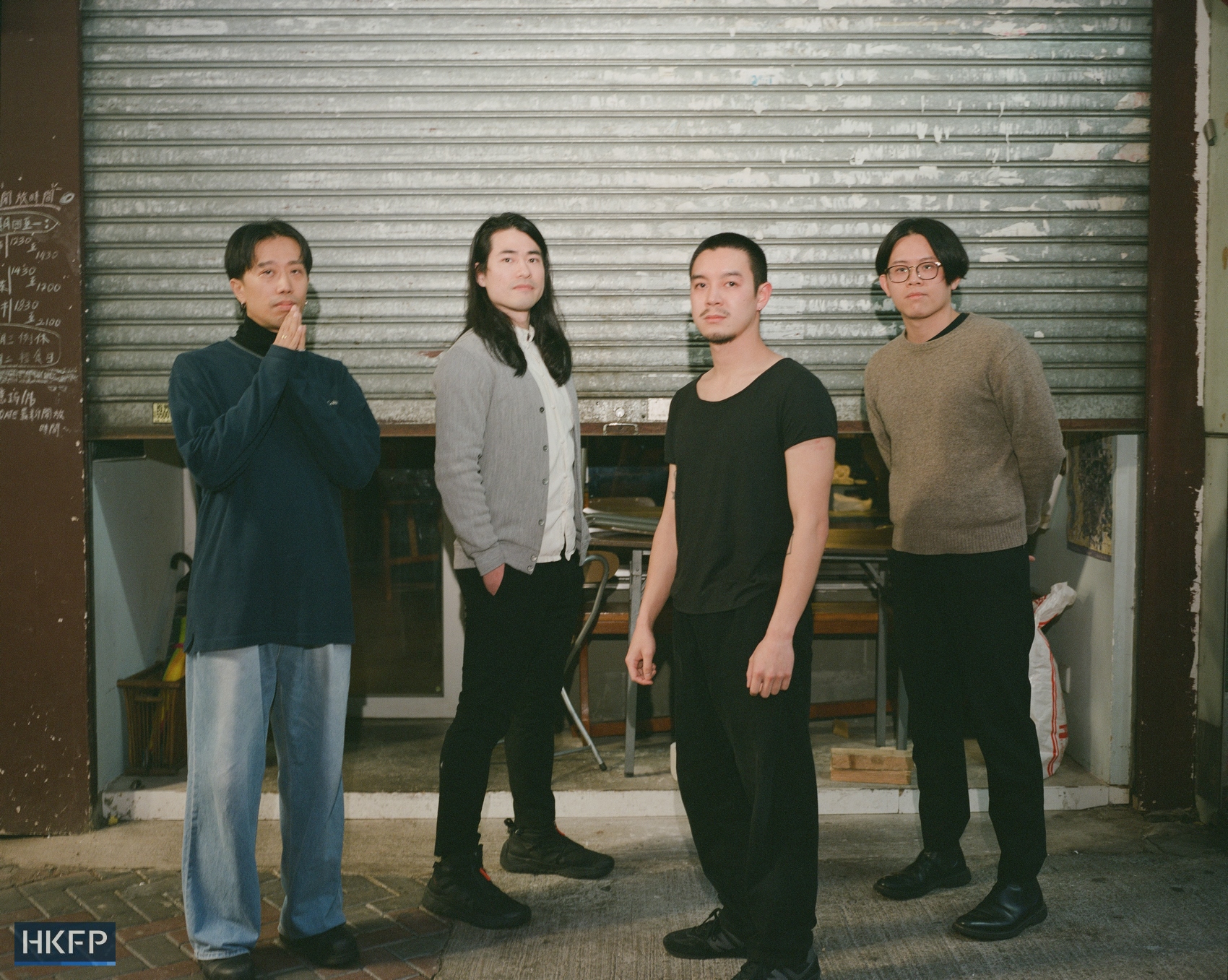China's State Councilor Wang Xiaohong urged the United States to stop harassing and interrogating Chinese students for no reason during a meeting with U.S. Homeland Security Secretary Alejandro Mayorkas in Vienna on Sunday.
Wang, who is also the Minister of Public Security, asked the U.S. during the meeting to ensure that Chinese citizens enjoy fair treatment and full dignity upon entering the country.
The U.S. should take effective measures to ensure the safety of Chinese diplomatic and consular missions and personnel and lift visa restrictions against Chinese institutions and individuals, he said.
In January, there were reports of multiple Chinese students with valid documents facing unwarranted interrogation, harassment and visa cancellations leading to deportations by U.S. border enforcement officers upon their arrival at Washington Dulles International Airport.
During their time at the airport, the students were subjected to prolonged questioning, inspection of their electronic devices and, in some cases, detainment for over 10 hours with restricted communication with the outside world.
U.S. law enforcement officers repeatedly questioned the individuals about their political backgrounds and research activities, demanding access to information about the Chinese government as a condition for entry. After the individuals refused, the officers revoked their visas, barred them from entering the country and deported them.
These act occurred despite U.S. officials recently stating their support for cultural exchanges with China and welcoming Chinese students during the summit between the two heads of state that was held in San Francisco in November.
On Jan 29, the Chinese Embassy in the U.S. issued a reminder to prospective Chinese students intending to enter the U.S. through the Dulles airport to exercise caution. They advised individuals to make sure they have a thorough understanding of U.S. entry policies and regulations, make preparations in advance and bring all required entry documents.
In the event of interrogation by U.S. border enforcement officers, individuals were advised to remain calm and cooperate rationally. If treated unfairly, they were instructed to record information about the officers involved, carefully review any documents they were asked to sign, request copies and preserve necessary evidence.
At the Vienna meeting, Wang also requested that the U.S. rectify its categorization of China as a "major drug source country".
In September, Biden submitted to Congress a presidential determination memorandum on major drug transit or major illicit drug-producing countries, identifying China and more than 20 other countries as so-called major sources for drugs.
Wang expressed hope that both sides would uphold the principles of mutual respect, peaceful coexistence and win-win cooperation, respect each other's core interests and major concerns, and remove obstacles to bilateral drug control, law enforcement cooperation and cultural exchanges.
Both sides agreed to implement the consensus reached by the two heads of state at the San Francisco summit, maintain dialogue and cooperation in drug control and law enforcement on the basis of mutual respect, manage their differences, strive to achieve mutually beneficial cooperation, attach importance to each other's concerns and address issues properly.












